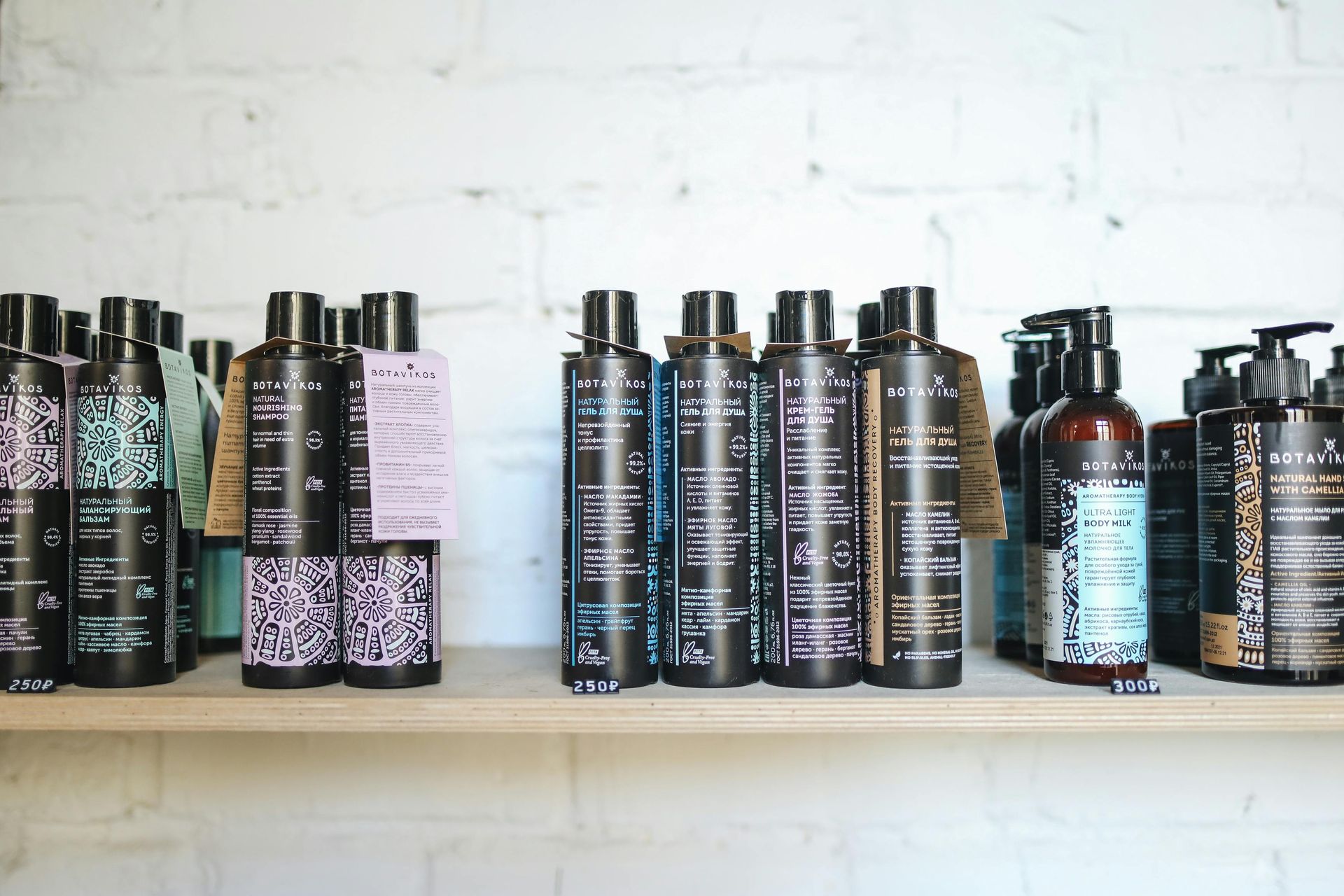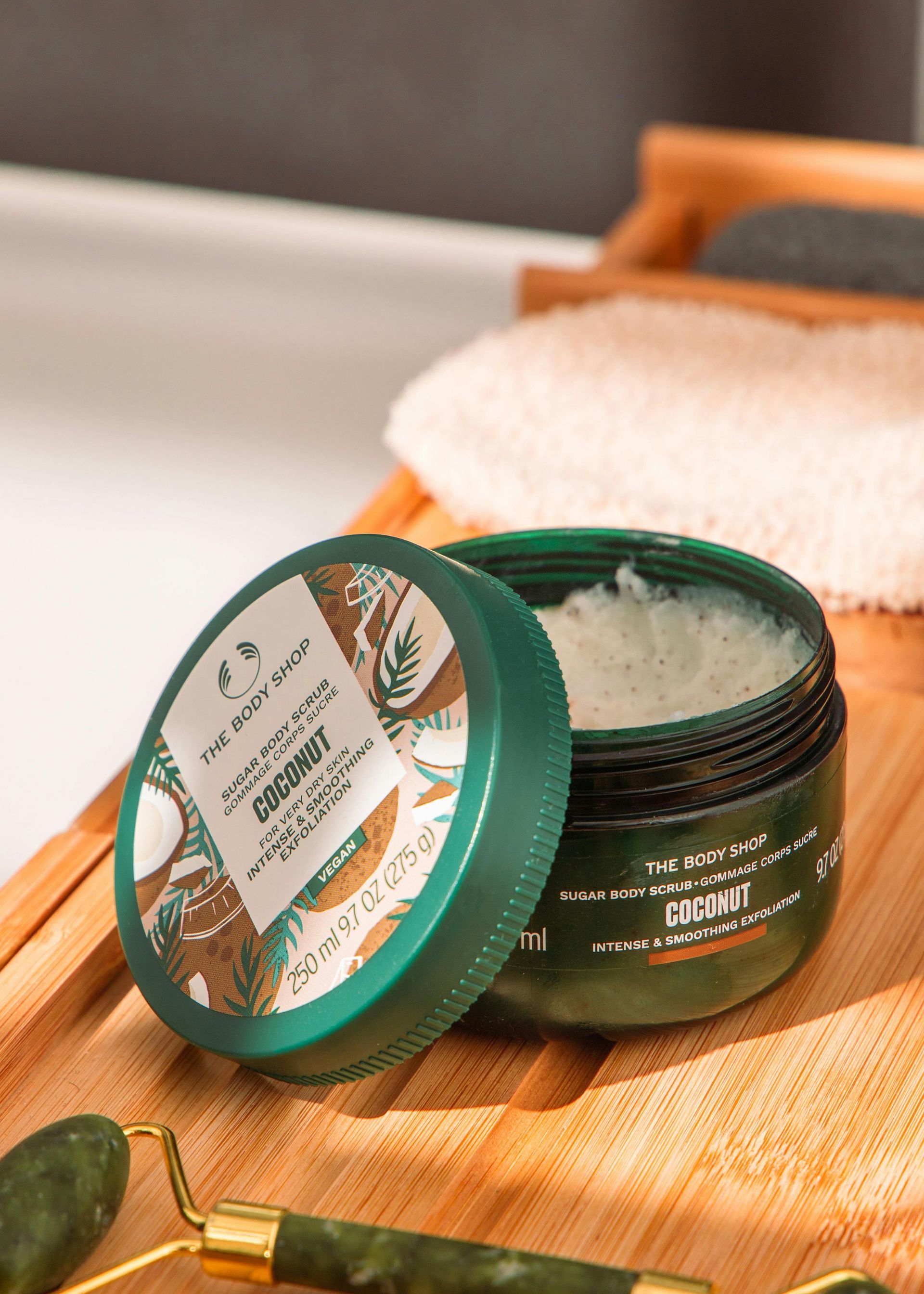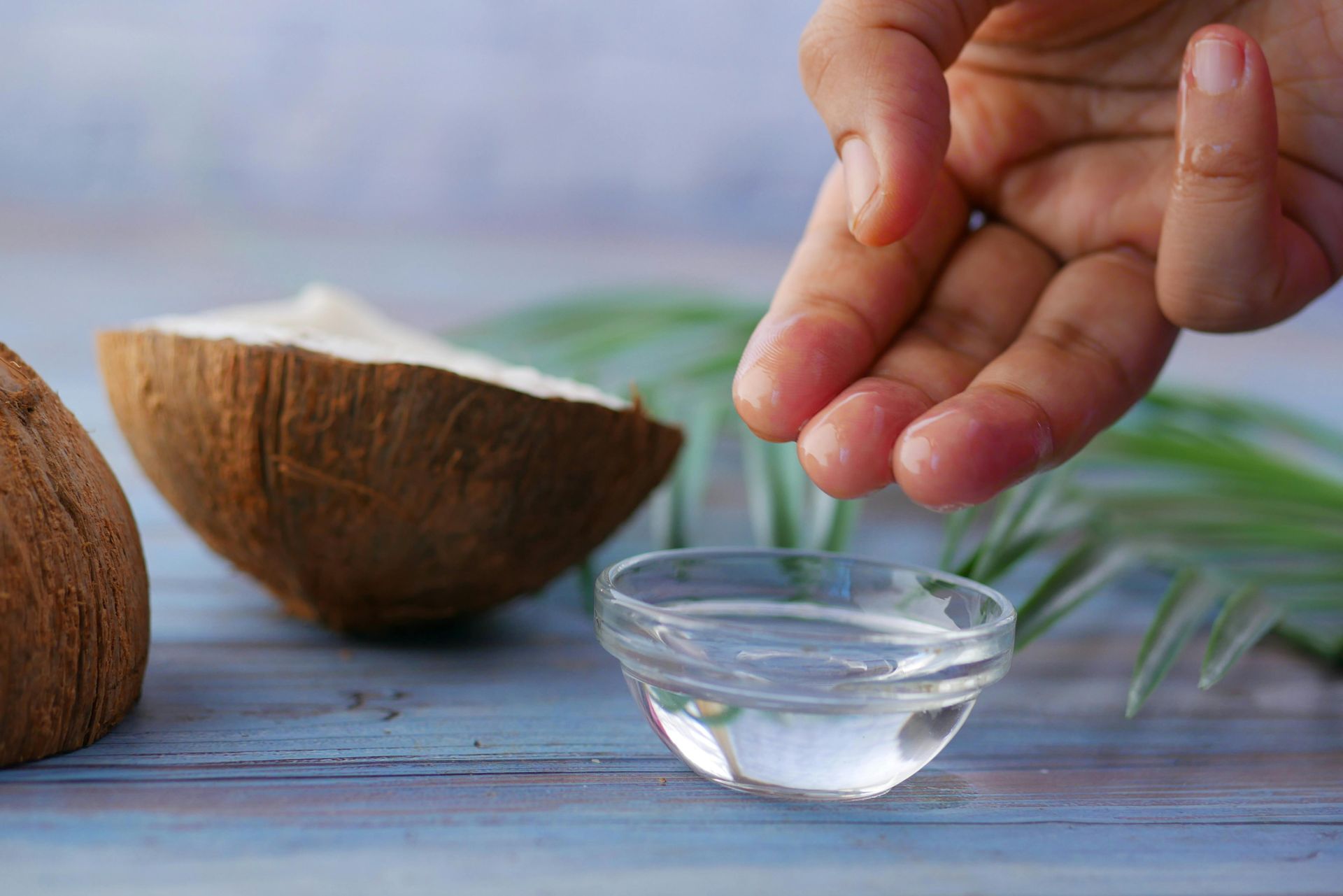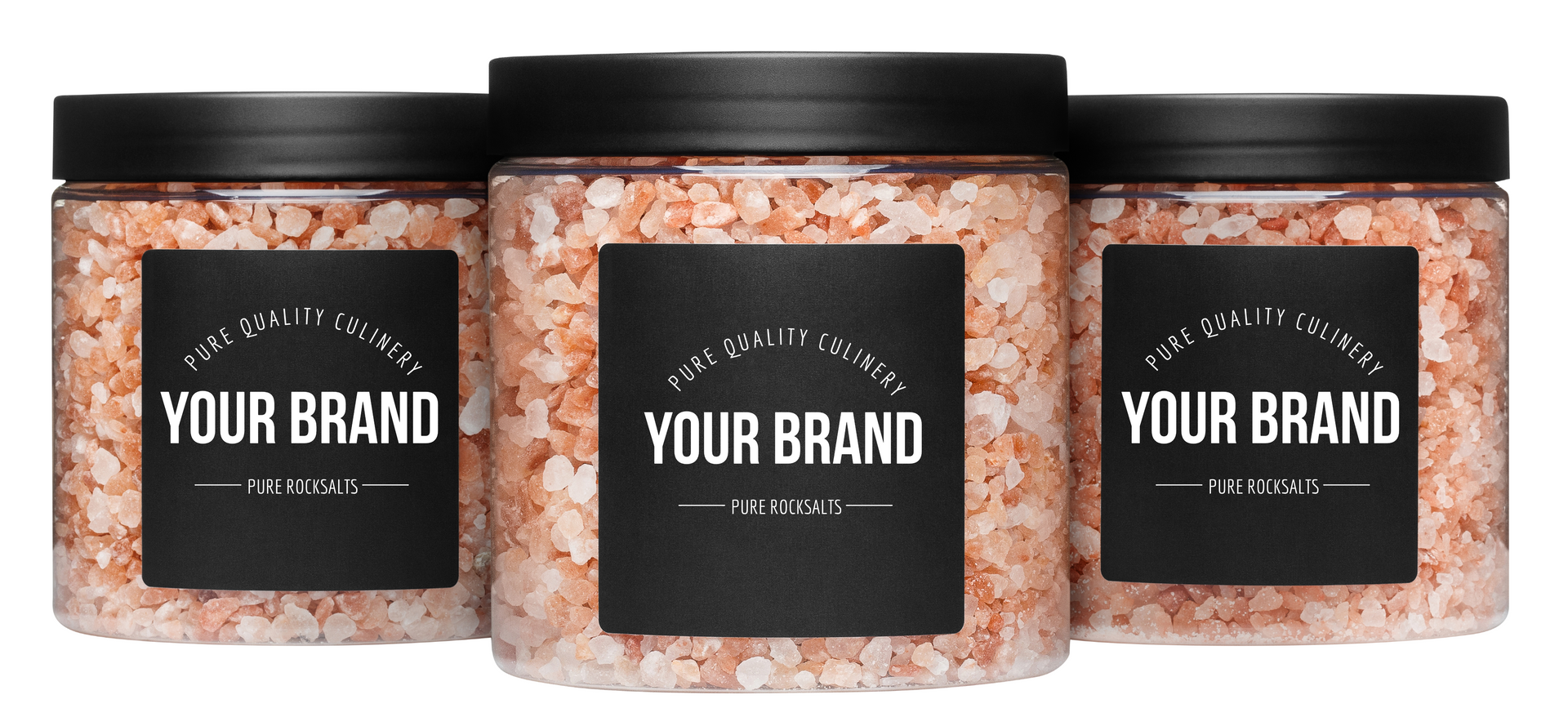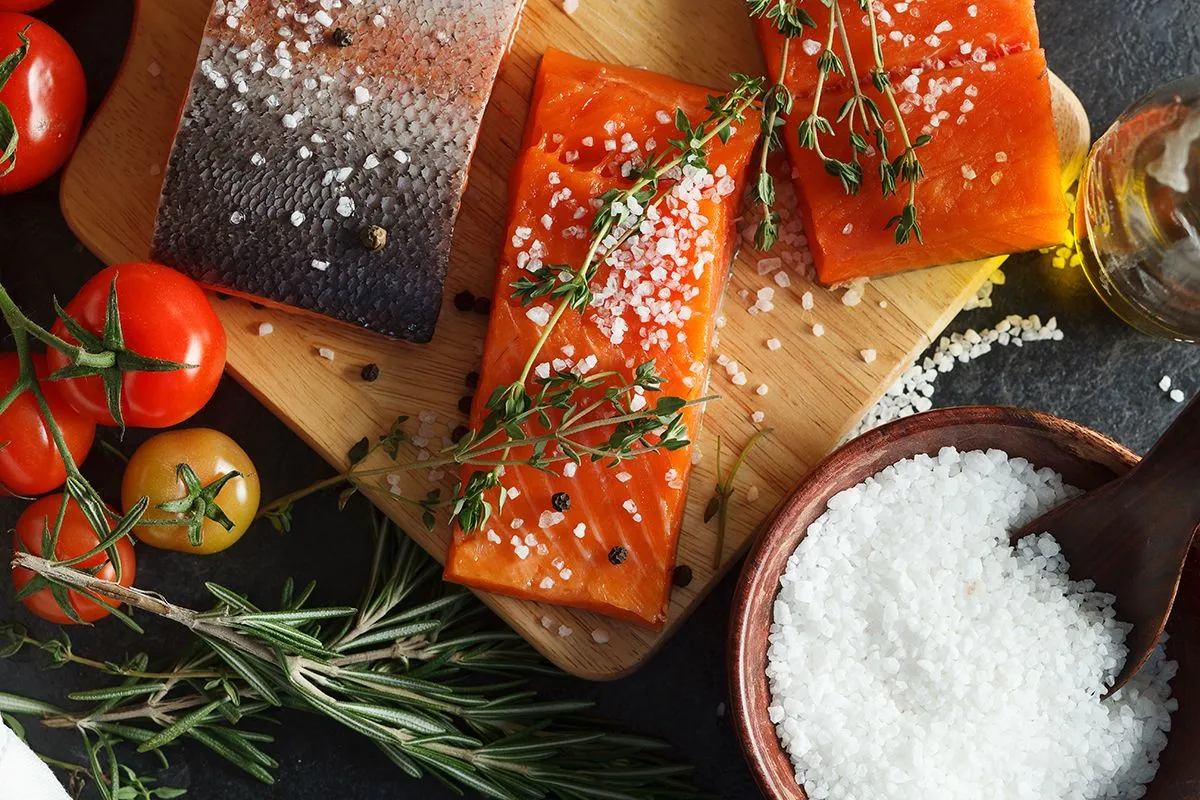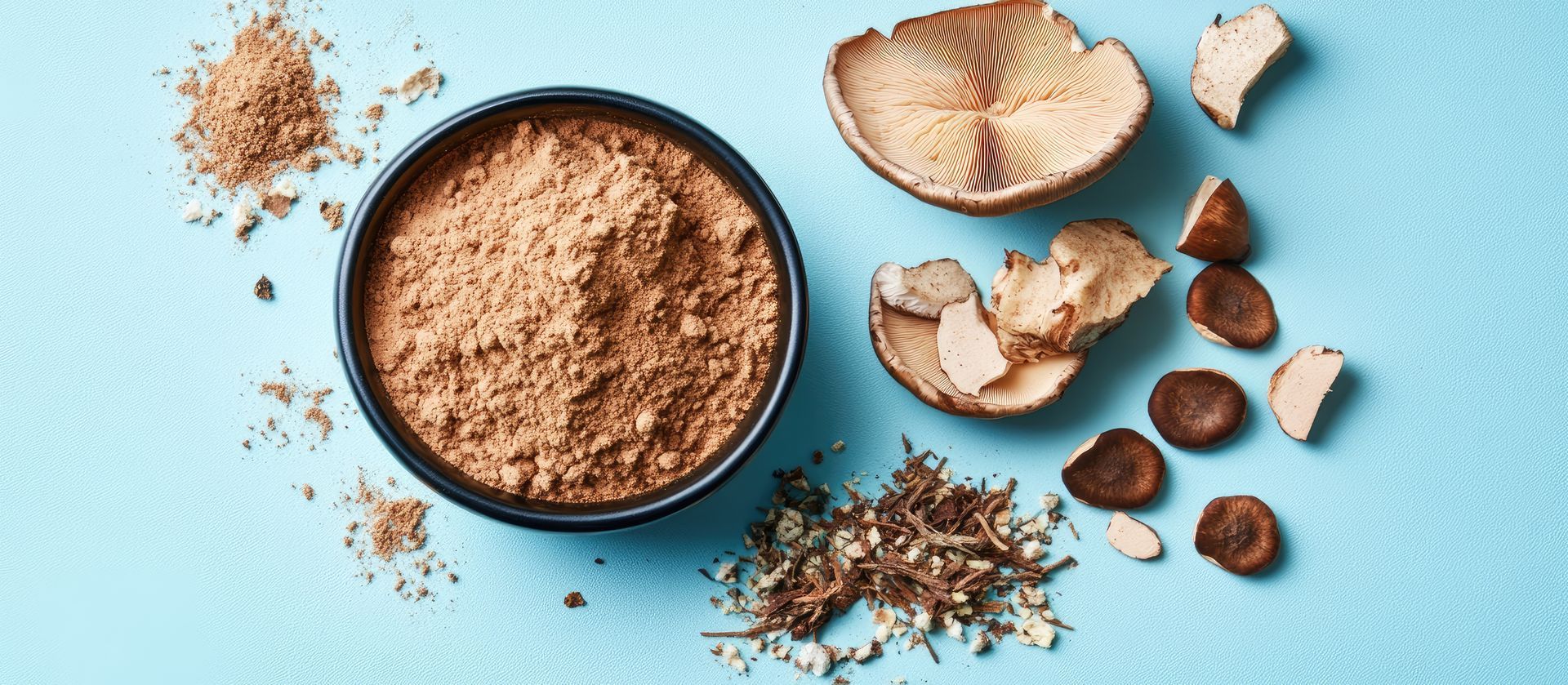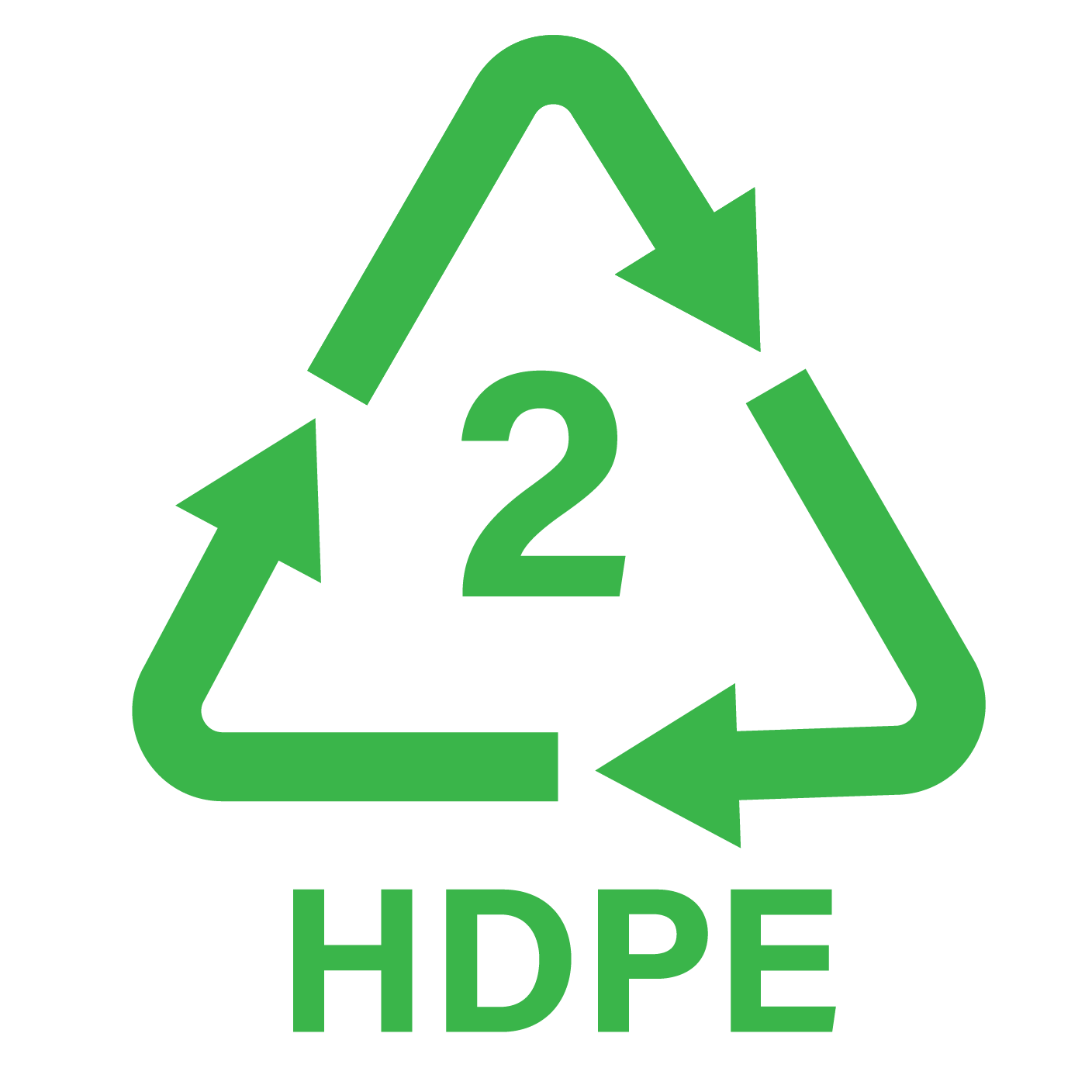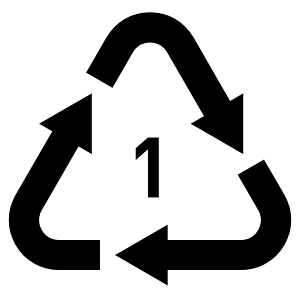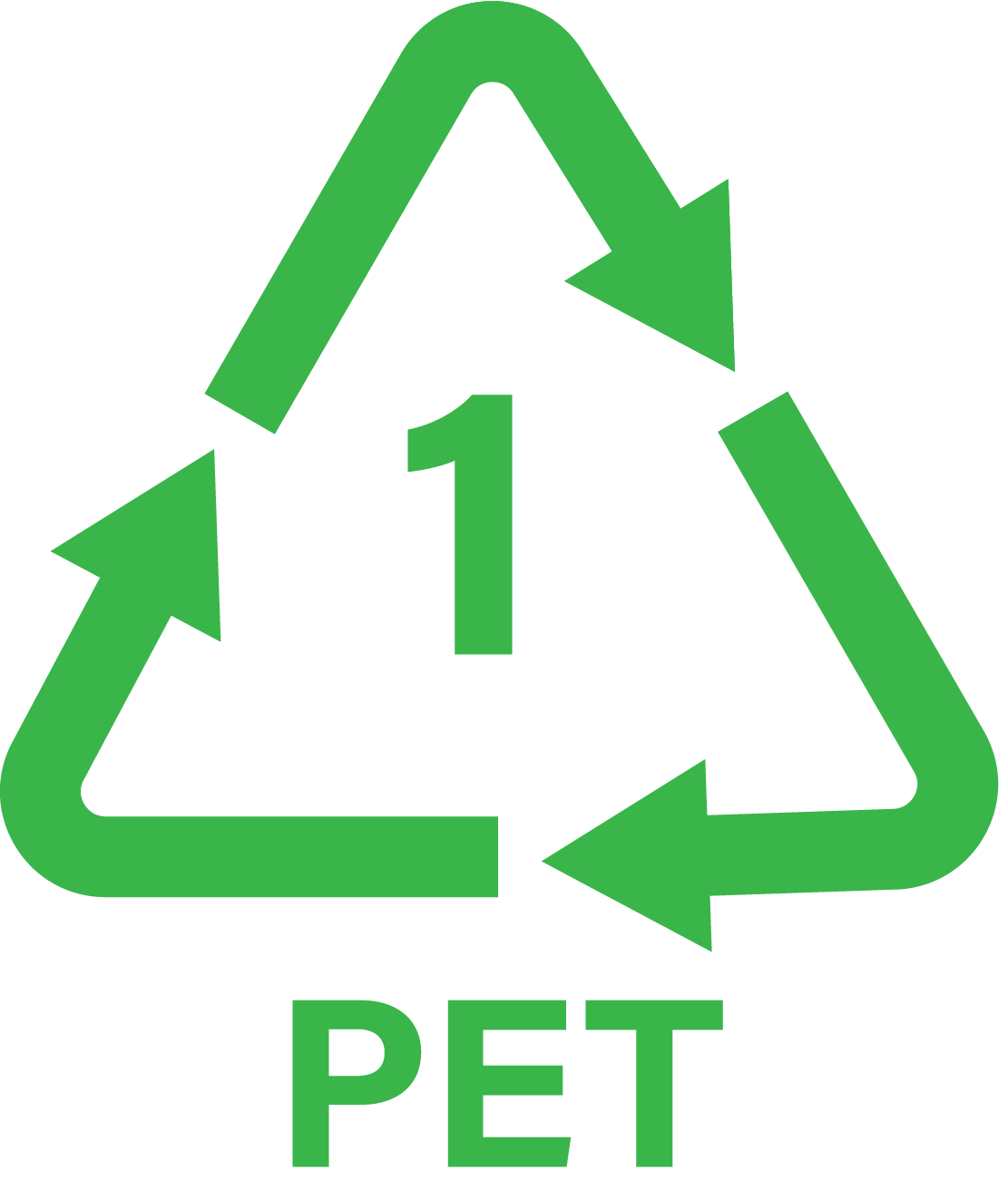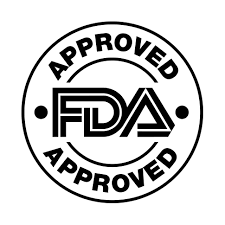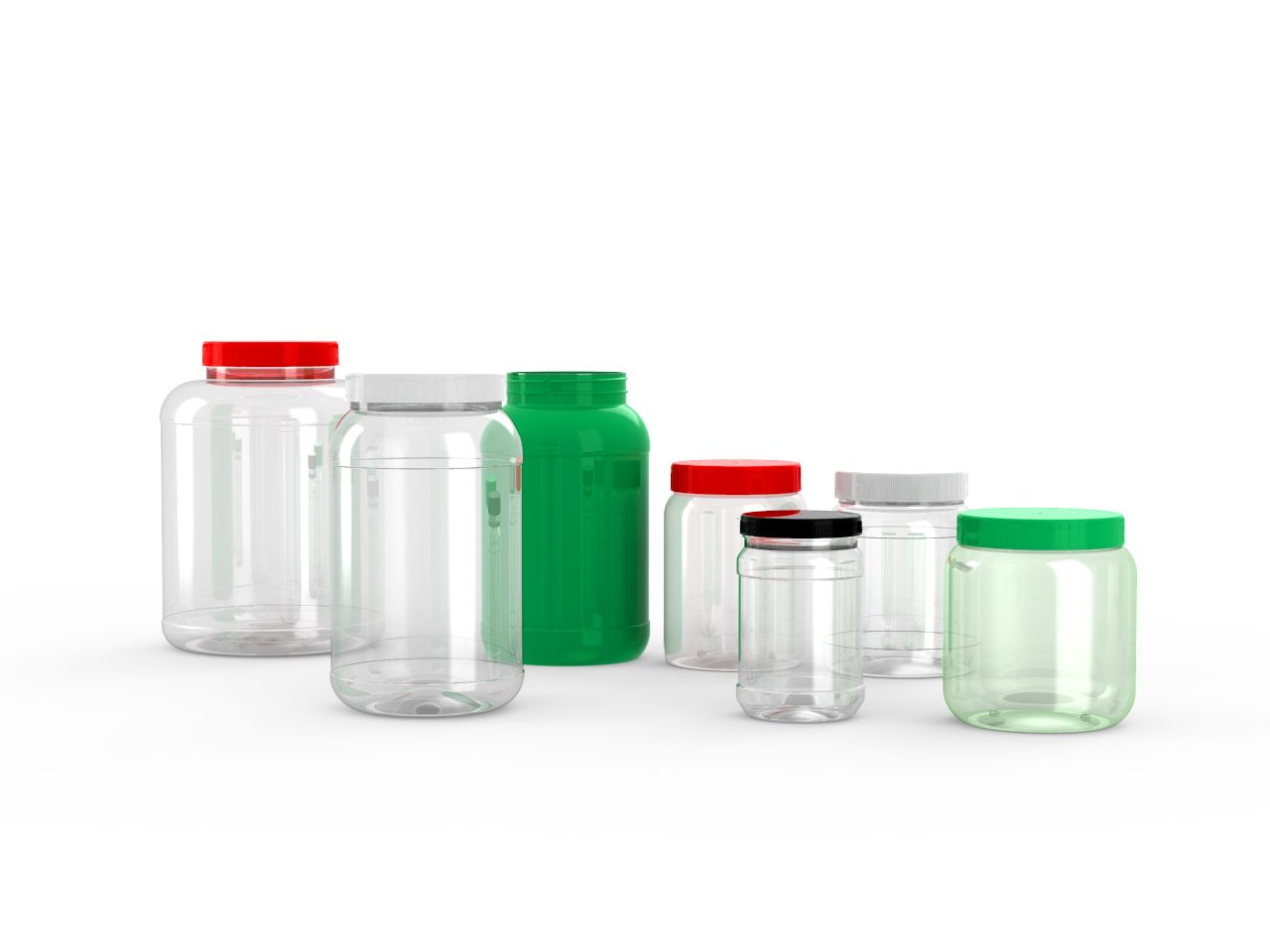Sprite Switches from Green to Clear Bottles to Boost Sustainability
What Coca-Cola Company Is Doing to Increase Food-Safe Recycled Plastic
Sustainability has become a hot button issue in the beverage industry, and it's no wonder. According to Inger Andersen, Executive Director of the United Nations Environment Programme (UNEP), plastic pollution went from 2 million metric tons in 1950 to 348 million metric tons in 2017. And this amount is expected to double by 2040!
Because of this, consumers (and investors) have been pressuring major beverage manufacturers—like Coca-Cola Company, PepsiCo, and Nestlé Waters—to make the move to sustainable packaging. Many beverage manufacturers have announced plans to reduce plastic waste by setting minimum percentages of post-consumer, recycled plastic in their packaging by 2025.
A Shortage of Recycled Plastic
Unfortunately, despite their best efforts, these beverage companies have hit a major snag in their loft goal of a circular packaging economy.
According to the National Association for PET Container Resources (NAPCOR), demand for recycled plastic bottles has risen steadily over the past decade while recycling rates have held flat. For example, there were 6.4 billion pounds of PET resin used in bottles in the US in 2019. All of this should have been available for recycling, but only 1.77 billion pounds were collected.
In short, there simply isn't enough recycled plastic in circulation for these companies to meet their goals.
Taking Steps Towards Circular Plastic Packaging
In a July 2022 press release, Coca-Cola announced:
"Two of The Coca-Cola Company's biggest brands in North America are taking major steps to support a circular economy for plastic packaging. DASANI is rolling out bottles made from 100% recycled PET plastic (excluding caps and labels), and Sprite is transitioning from green to clear plastic to increase the material's likelihood of being remade into new beverage bottles."
DASANI Making the Move to 100% rPET Plastic
Last summer, Coca-Cola transitioned the majority of DASANI water bottles in the U.S. and Canada to 100% recycled PET (rPET) plastic. Coca-Cola says this shift will eventually save over 20 million pounds of virgin plastic (compared to 2019) and cut greenhouse gas emissions by 25,000+ metric tons in 2023.
Sprite Going Green with Clear Bottles
Although the green plastic has been an important part of Sprite's branding, it is ultimately causing problems with sustainability. When colored plastics are recycled, they're usually remade into single-use items (such as carpeting or clothing) that take them out of the cycle.
According to R3cycle CEO Julian Ochoa, "Taking colors out of bottles improves the quality of the recycled material. This transition will help increase availability of food-grade rPET. When recycled, clear PET Sprite bottles can be remade into bottles, helping drive a circular economy for plastic."
As an added bonus, the revamped Sprite bottle features prominent "Recycle Me" messaging. Other Coca-Cola brands in green plastic bottles--including Fresca, Seagram’s Ginger Ale, and Mello Yello--have also made the shift from green to clear plastic over the past few months.
Building a Source of High-Quality Plastic
The Coca-Cola Company is working with partners and communities to increase recycling among consumers. A major part of their effort involves coming up with enough rPET to be reused for its bottles. Chris Vallette, Senior VP of Technical Innovation and Stewardship for Coca-Cola, claims the packaging shifts for DASANI and Sprite will help this effort: “Sprite’s move to clear will help us introduce more 100% rPET bottles like DASANI is launching and keep more bottles in the circular economy.”
References
- “DASANI and Sprite Boost Sustainability Packaging Credentials in North America” – The Coca-Cola Company
- “US Plastics Recycling Struggles to Meet Demand, Highlighting Investment Gap” – S&P Global Commodity Insights

